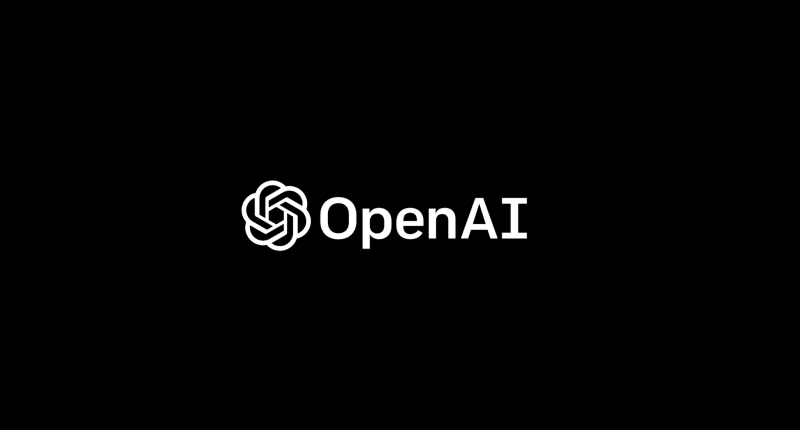OpenAI has announced a new generation of reasoning models, which will act as successors to the existing o1 reasoning models. Christened ‘o3’ (and not o2 due to strange trademark issues), the new models are claimed by OpenAI to be approaching ‘AGI’ — Artificial General Intelligence. And while that may not be true in all instances, the very fact that o3 models can reach AGI levels in even smaller instances, is remarkable, to say the least.
Today OpenAI announced o3, its next-gen reasoning model. We've worked with OpenAI to test it on ARC-AGI, and we believe it represents a significant breakthrough in getting AI to adapt to novel tasks.
It scores 75.7% on the semi-private eval in low-compute mode (for $20 per task… pic.twitter.com/ESQ9CNVCEA
— François Chollet (@fchollet) December 20, 2024
As has been the case with its previous models, the o3 is also a series of models — there’s the main o3 and then the o3-mini, a smaller model which would be adept at performing specific, smaller tasks.
In terms of o3 achieving AGI, OpenAI is still not staking any claims and is being cautious in terming this an AGI ready model. François Chollet, the creator of Keras deep learning model and founder of the ARC prize, has worked with OpenAI to evaluate the model on ARC-AGI. Talking about o3’s AGI capabilities in an X feed, he says, “So, is this AGI? While the new model is very impressive and represents a big milestone on the way towards AGI, I don’t believe this is AGI — there’s still a fair number of very easy ARC-AGI-1 tasks that o3 can’t solve, and we have early indications that ARC-AGI-2 will remain extremely challenging for o3.
This shows that it’s still feasible to create unsaturated, interesting benchmarks that are easy for humans, yet impossible for AI — without involving specialist knowledge.”
Both o3 nor o3-mini are currently not available for public usage yet. Though, safety researchers can sign up for a preview for o3-mini starting today. In terms of an o3 preview, it is expected to arrive sometime after. OpenAI didn’t specify, while Altman said that the plan is to launch o3-mini toward the end of January and follow with o3.
Considering that OpenAI released its original o1 reasoning model just 3 months back, o3 seems quite an achievement, specially considering the frame of time. However, OpenAI says they expect this release cycle to continue, and in fact accelerate even further.
We announced @OpenAI o1 just 3 months ago. Today, we announced o3. We have every reason to believe this trajectory will continue. pic.twitter.com/Ia0b63RXIk
— Noam Brown (@polynoamial) December 20, 2024
Ever since OpenAI’s o1 debuted, there has been an explosion of similar reasoning models being announced, both by established BigTechs and startups alike. For instance, Google announced a new “reasoning” AI model just yesterday, which is called Gemini 2.0 Flash Thinking Experimental, and is available on AI Studio. However, based on initial tests and results, the model seems still quite far from where OpenAI is.
The Tech Portal is published by Blue Box Media Private Limited. Our investors have no influence over our reporting. Read our full Ownership and Funding Disclosure →






